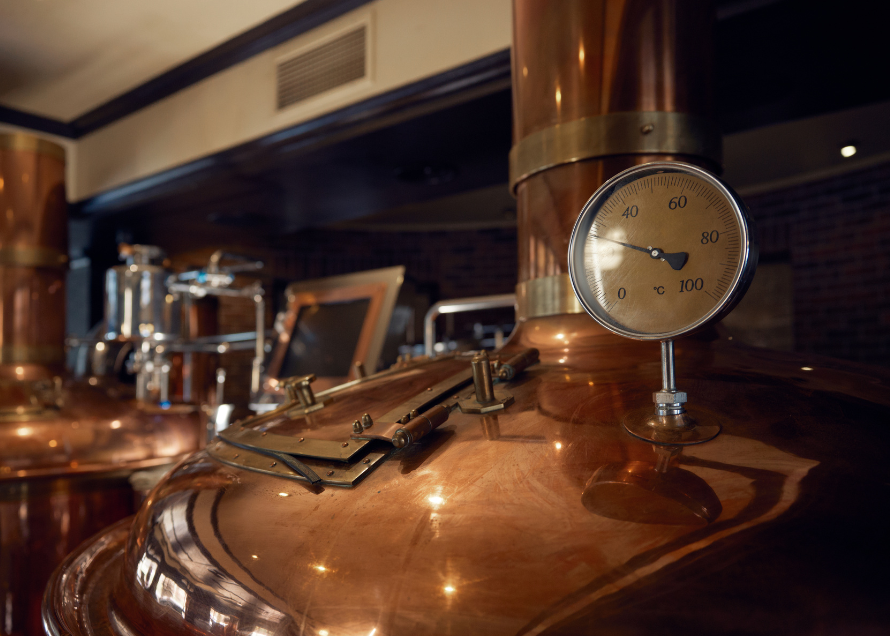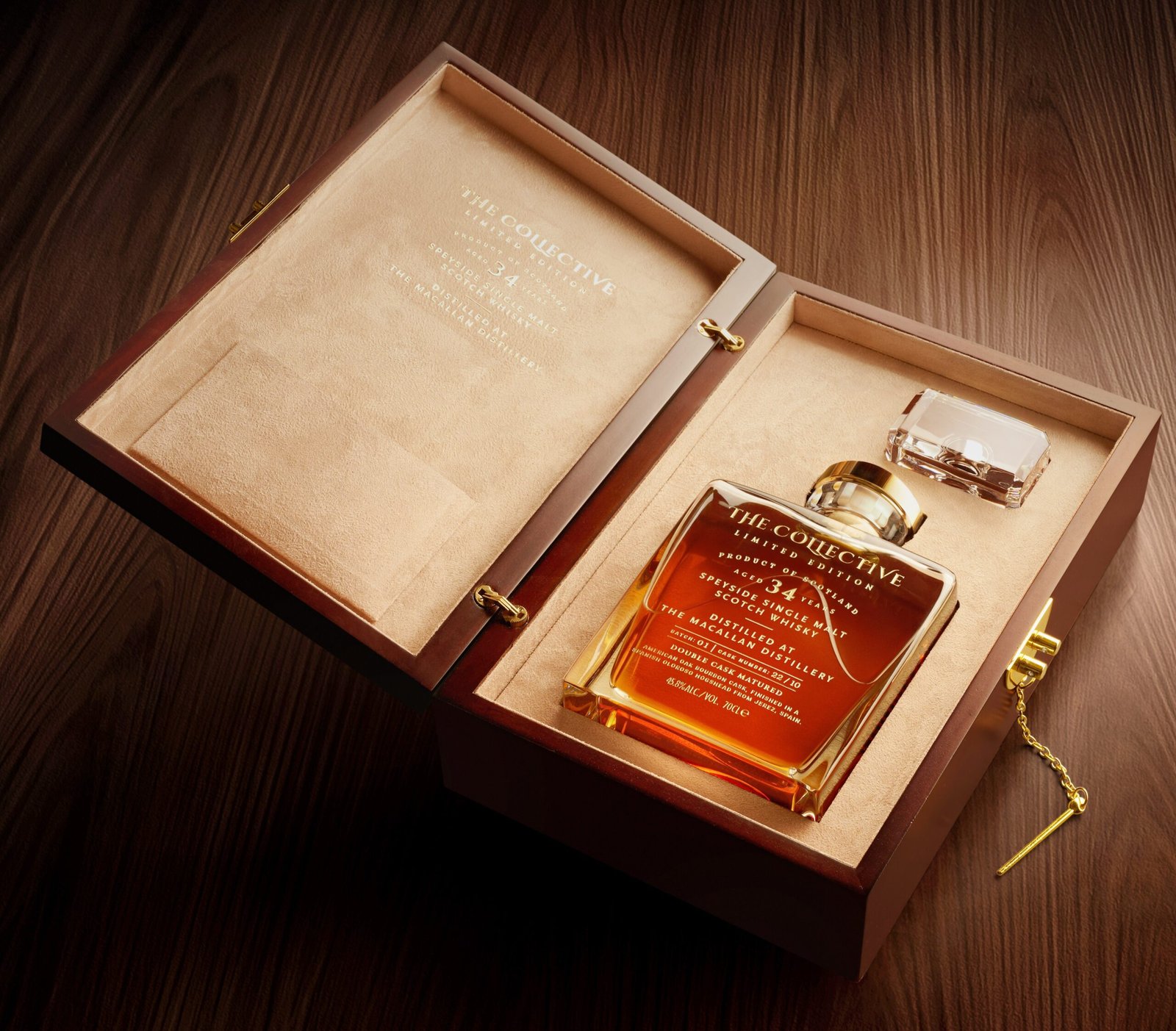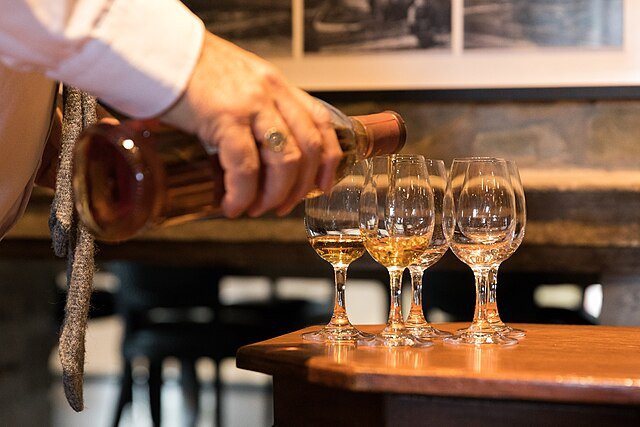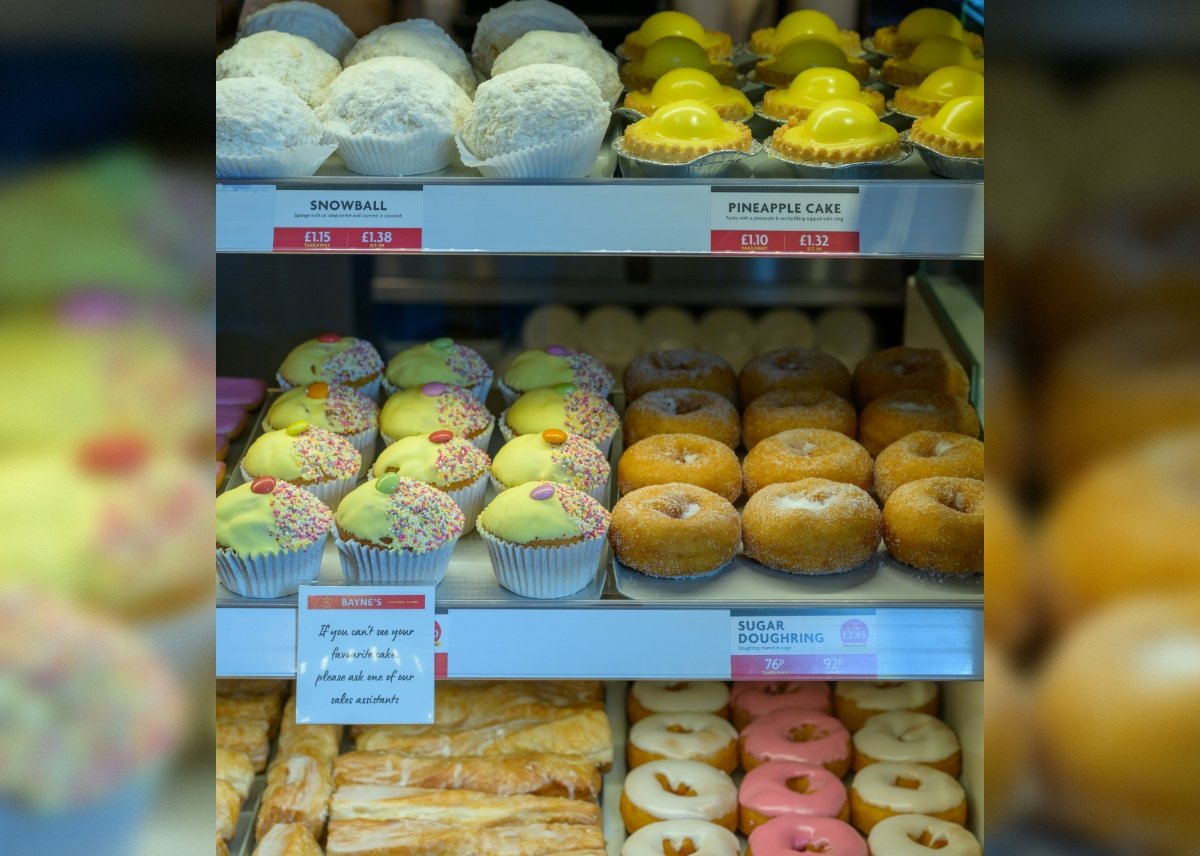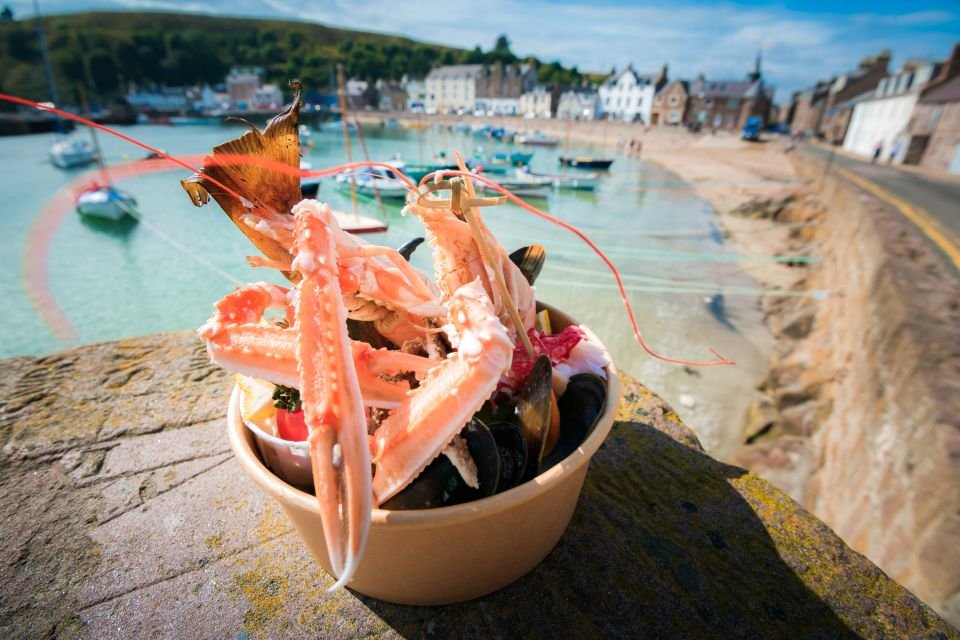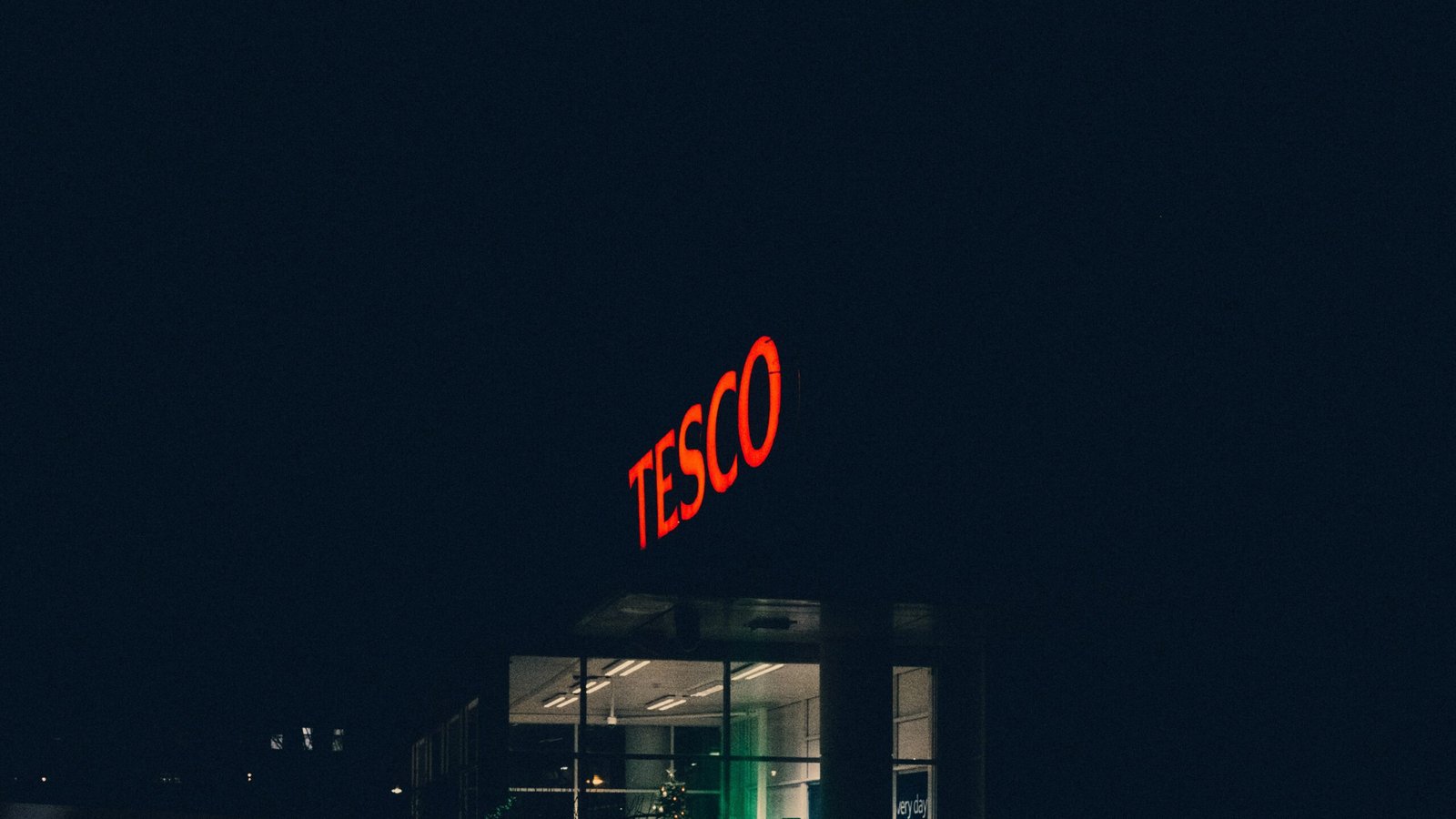SCOTCH whisky industry leaders have hit out at a 10.1% rise in alcohol duty which came into effect yesterday.
The Scotch Whisky Association (SWA) described the increase as a “hammer blow” for distillers and consumers.
It warned that it would make it more difficult for the industry to invest in growth and job creation.
Changes to alcohol duties were scheduled for February this year, but were put back by the chancellor as the cost-of-living crisis continued.
Duty has now increased overall, with most wines and spirits seeing rises, while taxes have fallen on lower-alcohol drinks and most sparkling wine.
The Treasury described the reforms as new “common-sense” principles, with tax being levied according to a drink’s strength.
Taxes on draught pints will not change, an additional measure designed to support pubs.
SWA said the measures represented the largest duty increase on Scotch whisky in 40 years, with the tax burden on the average priced bottle climbing to 75%. The rise will add £1.05 to the price of a standard 70cl bottle, according to the organisation.
Director of strategy Graeme Littlejohn described the increase as a “hammer blow for distillers and consumers”.
He told the BBC: “At a time when inflation has only just started to creep downwards, this tax increase will continue to fuel inflation and make it more difficult for the Scotch whisky industry to invest in growth and job creation in Scotland and across the UK supply chain.
“In a further blow, distillers will now face a further competitive disadvantage in pubs, restaurants and bars by being unfairly excluded from tax breaks available to beer and cider.”
He added: “The industry is resigned to the tax increase, but determined to continue the campaign for fairer treatment.
“We urge the chancellor to ensure that there are no further tax rises on Scotch whisky for the remainder of this parliament and work with the industry to repair some of the damage inflicted on Scotland’s national drink.”
Moray SNP MSP Richard Lochhead said he had serious concerns that the rise could lead to a loss of investment in Speyside.
He said: “These distillers are some of the biggest employers in Moray and the industry is vital to our economy.
You Might Also Like:
No related posts.
“There are serious concerns within the local industry about the impact duty increases will have on future investment in our region.”
In March, Chancellor Jeremy Hunt defended the tax hike on Scotch, arguing that, in real terms, duty on whisky was at its lowest level for 100 years.
He said then that the government would continue to engage with the industry to ensure distillers were “successful and prosperous going forward”.




